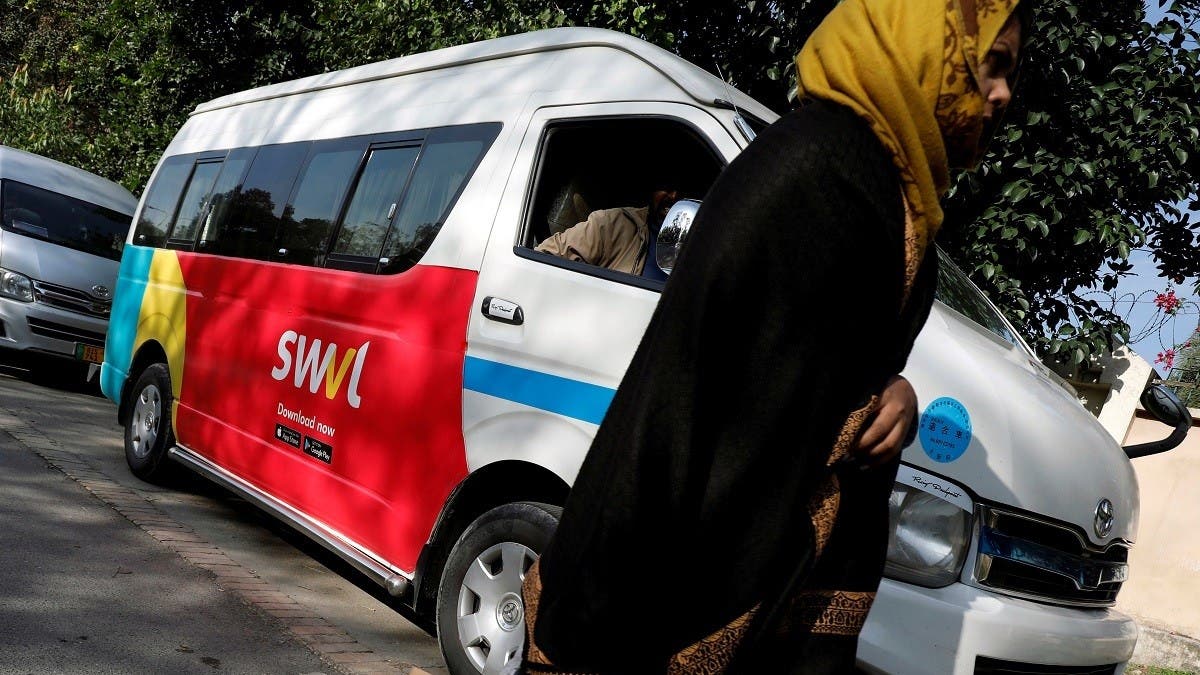“Startups are young companies founded to develop a unique product or service, bring it to market and make it irresistible and irreplaceable for customers,” says an article by Forbes.
Startups differentiate themselves from other companies by claiming that they are dedicated to innovation and either addressing deficiencies in the market or bringing something completely new.
Another characteristic is speed and growth. Startups establish themselves with the intention of growing to the mass market and scaling up their operations at a rapid pace, mostly to a national or international level.
But at what point does a startup stop “starting” operations and just becomes a well-established company? Or are startups in a constant state of innovation and bringing new products and services to the market?
The case of Swvl may shed some light on these questions. Swvl is a ride-hailing smartphone-based application but not quite in the same sense as Uber and Careem. While those apps provide private cars to user for transport in the same vein as taxis, Swvl provides mass transit buses with fixed stops and times. Through the app, users can enter or search for their desired points of departure and destination and select a route which best suits their journey. Users then choose a seat and purchase a ticket. After that, the user goes to the selected Swvl stop and simply gets on the bus when it arrives at its scheduled time.
Founded in 2017 by AUC alumnus Mostafa Kandil, Swvl joined Egypt’s first university-based accelerator, AUC Venture Lab (V-Lab), and went on to develop its app and first bus line in Cairo. By 2018, the startup was receiving on average 20,000 bookings a day and expanded to Alexandria and raised $8 million in an investment round, the biggest ever for an Egyptian tech startup at the time. That year, Swvl ranked 16th in Forbes Top 100 list of startups.
In 2019, $42 million were raised in another round to support international expansion, yet again being the largest for an Egyptian startup that year. That round helped Swvl to expand to Kenya and Pakistan. By 2020, the startup was operating in eight cities and launched corporate services in the United Arab Emirates and Jordan. Its daily bookings also doubled to 40,000 a day on average with 1,000 active buses and more than 10,000 drivers. Its corporate offerings also reached more than 100 clients. From 2017 to 2020, Swvl’s annualized gross revenue grew from $500,000 to $51 million.
Expansion continued in 2021 when Swvl began providing corporate services in Saudi Arabia. It now operates in 10 cities across six countries and has to date amassed, 53 million bookings and around 1.6 million riders have used Swvl.
Swvl’s most significant jump in its growth did not end there, however. In July 2021, the startup merged with Queen’s Gambit Growth Capital, a special purpose acquisition company (SPAC), to become a public company listed on the NASDAQ stock exchange.
The newly merged company will be named Swvl Holdings Corp and trade on the stock exchange as “SWVL.” The merge raised the value of Swvl to $1.5 billion, making it the first of many titles. It became the first-ever unicorn (a startup that reaches the value of $1 billion) that graduated from AUC V-Lab, and the Middle East’s first-ever unicorn to list on the NASDAQ. It will also become the first Egyptian technology company to publicly trade on the NASDAQ stock exchange.
So, at this point, can Swvl still be considered a startup or should it be rid of such a title and be considered a well-established company? Ayman Ismail, founding director of AUC V-Lab and Abdul Latif Jameel Endowed Chair of Entrepreneurship, does not believe it is the right question to ask.
“I know a lot of people ask it but I don’t find it to be a useful question unless there is an implication on policy or something specific,” he says.
Instead, Ismail says it depends on a range of factors. “There are different ways of defining startups. There are reports that define [them] as a company below three and a half years old but therefore just for statistical reasons and looks at all types of companies, including SMEs (Small and Medium-sized enterprises)”.
Ismail personally believes that startups can still remain known as startups “as long as they are in the hyper-growth phase and not mature”.
“That can last for two or three years. It can last for 20 years. You will not find a standard industry definition. Every person will tell their own story and explain why that makes sense or not.”









